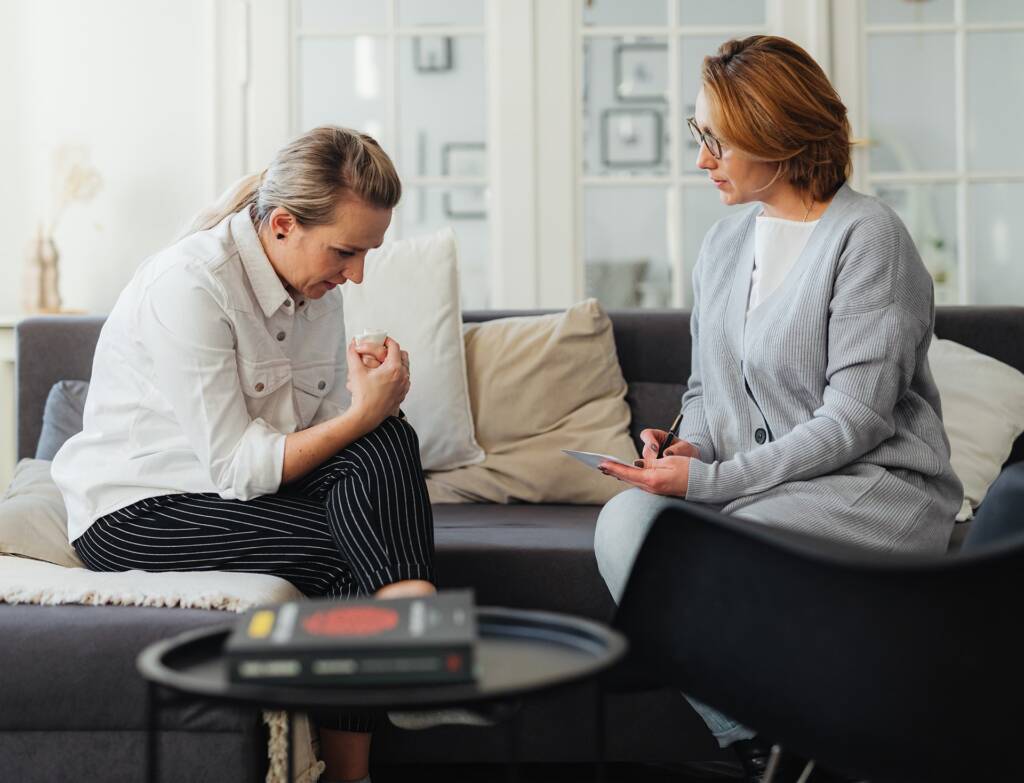Warning: Please be advised the information shared in this blog are my thoughts, viewpoints, and suggestions. Some of the phrases mentioned may cause trauma-related triggers to the reader.
Picture for a moment multiple life circumstances that can cause worry. Covid19, Racial Injustice, Lack of Financial Resources, Personal Safety, Health Concerns, being Under-Employed or Unemployed.
What about matters of the Heart that can cause worry? Disharmony within the marriage, infidelity, physical or mental abuse, substance abuse, poor self-esteem, loneliness, social isolation, dating issues, low/no sex drive, and feeling disconnected.
Let’s talk about the various ways excessive worry affects the physical and psychological well-being of many clients. Common physical ailments include restlessness, tiredness, shakiness, and muscle tension. Body functions related to the nervous system that are autonomic (involuntary/automatic) have been reported by clients with the following symptoms: shortness of breath, dry mouth, heart palpitations, difficulty swallowing, nausea, and diarrhea. Finally, many clients reported an increase of intense feelings of being on edge, loss of concentration, trouble falling asleep or staying asleep, and stages of irritability.
Positive Ideas and Solutions to practice that may reduce the frequency, intensity, and duration of Anxiety so that your daily functions are improved.
- Step 1 Self- Reflection: Consider the examples given and honestly answer a few simple questions; Am I or someone I know experiencing the physical and psychological affects of anxiety? Do I worry about things excessively? If yes, is my worrying causing me to miss out on the true joys and fulfillment of life?
- Step 2 Acceptance: Acknowledge that you or someone you know could benefit from additional guidance and assistance in managing anxiety.
- Step 3 Action: Take the first step by changing the way you handle excessive worry. Rewrite your story, tell yourself and know that greatness is within YOU.


Obstacles, disappointments, mistakes, grief, and rejections that once were stumbling blocks for you, can be transformed into steppingstones as you reenvision and redesign your future. Forgiving yourself and others will release you to begin a new chapter in your life. It is commonly known that poison could take a person’s life. Many times, the stumbling blocks we face seem just like poison. We take the poison but expect someone else to die. Release the poison today and live your best life.
REFRAME your thinking…… dismantle and reconstruct your world by taking control of your thoughts, words, and actions! When a negative thought surfaces in your mind challenge it with verifiable evidence… take it to court! No evidence! No proof! Immediately throw that thought out!
Develop a POSITIVE Self- Talk: Talk yourself up, motivate yourself, encourage yourself, validate yourself, dream for yourself and live a life being happy with yourself. Give yourself permission to defeat the negative bully in you that robs you of joy, peace, love, and confidence.
The tongues has no bones, but is strong enough to break a heart. So be careful with your words. Anonymous
Learn to RELAX and take better care of yourself. Begin your day by taking time to center yourself in a quiet place. In the quiet place, if you are spiritual or connect with a higher power pray and ask for help, hope, and safety. Smile about the things you are thankful for. Command and expect positive energy over your day. Identify the areas in your life you want to improve. Make and take time to exercise 3 times a week for 30 minutes.

Coping Skills for Stress, Worry and Anxiety
Calming Skills: Deep Breathing, Guided Meditation, use your senses, Teatime, and Positive Self Talk
Distraction Skills: Crossword/Sudoku/ Word Find Puzzles, Bake or Cook, play a Video Game, read a book, or do a Random Act of Kindness
Physical Skills: Exercise, Stress Ball, Dance, or Walk
Processing Skills: Self Reflection, Track stress, Talk to a Therapist or someone you trust, Draw, or Write a letter.


